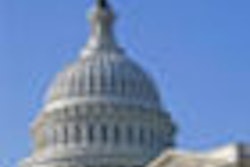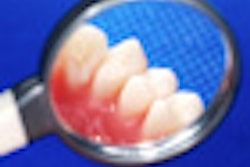Funding for the "alternative dental healthcare provider demonstration projects" that was created as part of the U.S. healthcare reform law has again been left out of an appropriations measure following opposition lobbying by the ADA.
More than 2,100 messages were sent to Sen. Tom Harkin (D-IA), who chairs the U.S. Senate Appropriations Subcommittee on Labor, Health and Human Services, Education, and Related Agencies in response to an ADA action alert sent to its members.
Alternatively, the ADA requested $2 million for a grant program to divert dental care from emergency rooms (ERs). Similar programs in Michigan and Washington have provided care by dentists and reduced the number of patients going to ERs with dental problems, the ADA said.
Earlier this week, a California legislative committee unanimously voted to support bill SB 694, which would authorize a university-based research study of new workforce models with the goal of increasing access to dental care for California's children.
The California Dental Association (CDA) and the California Society of Pediatric Dentistry support the proposed legislation; the California Association of Oral and Maxillofacial Surgeons has moved to a “neutral/watch” position on the measure. The California Academy of General Dentistry and the ADA oppose the concept of midlevel providers (MLPs), saying they lack the necessary training to do irreversible procedures.
The CDA says its research shows there is no high quality data related to the safety and quality of certain procedures performed by non-dentists. The study, which specifies the use of registered dental hygienists and registered dental assistants in extended function, is not an evaluation of the effectiveness of new workforce models but an academic study of safety and quality.
Seven women have completed the two-year program in Minnesota's groundbreaking dental therapist program, which requires graduates to spend at least half their time working in underserved areas. One of the graduates now works in the rural area of Madelia, MN, while the other six are working in underserved urban communities, said Suzanne Beatty, DDS, curriculum and clinical coordinator for the dental therapist program at Metropolitan State University in Minneapolis.
The ADA has vigorously opposed MLPs due to concerns about nondentists performing irreversible/surgical dental procedures.



















